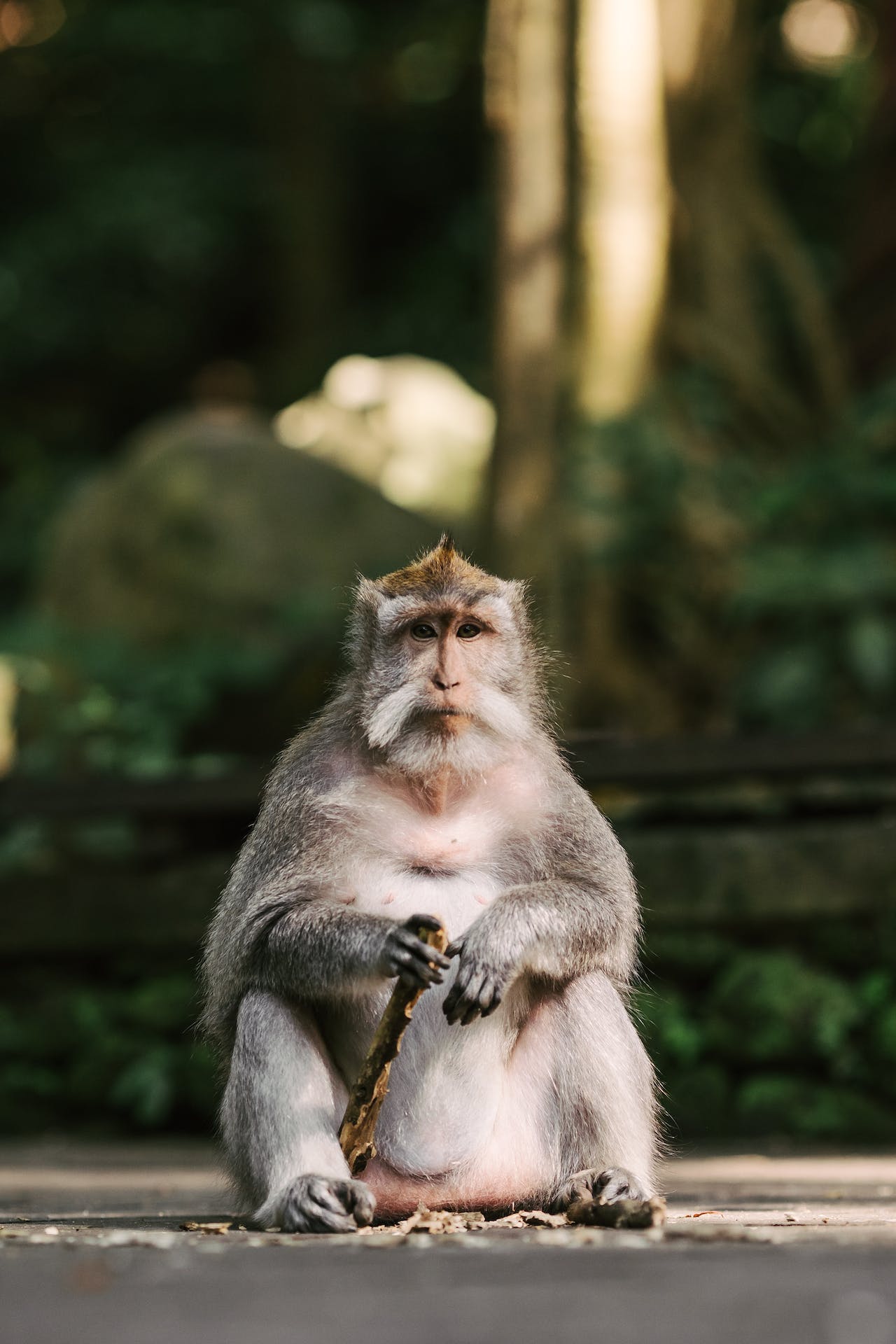Lifestyle
Why monkeys attack people – a primate expert explains

With their human-like faces, complex family dynamics and acrobatic antics, they are a joy to behold. (Pexels Photo)
Wildlife tourism thrives on our fascination with animals and primates are particularly attractive animals to tourists. With their human-like faces, complex family dynamics and acrobatic antics, they are a joy to behold.
But recent stories have emerged that portray monkeys in a more sinister light. Reports of “monkey attacks”, “devil monkeys”, or even “face-ripping, bone-biting monkeys” have become common in the media. Have our primate cousins turned on us?
The recent monkey attacks involve a variety of species in different countries. They include the long-tailed macaque and the pig-tailed macaque in Thailand, Japanese macaques in Japan, and Hanuman langurs in India.
Most of these species are macaques, which are a diverse group of monkeys. But all macaques are sociable, intelligent, relatively large (between 4kg and 9kg), and comfortable travelling on the ground. They have a flexible diet, but prefer fruit. They also have cheek pouches that allow them to gather food quickly and carry it to a safe place to eat.
Over-habituation
Regardless of species or location, a major factor in monkey bites and attacks is “over-habituation”. Habituation is a process used by animal researchers to gain animals’ trust so they can follow and record their behaviour, with limited impact of the researchers’ presence.
But animals can become unintentionally habituated. Squirrels in a city park who have grown accustomed to handouts are one example, but others include urban foxes in the UK, bears in North America, and, in many parts of the tropics, monkeys.
When animals lose their fear of humans and become a nuisance, they are over-habituated. In nearly all cases of over-habituation, the main factor is human food. What people eat is irresistible to wildlife. It is nutrient-dense, easy to digest and is available in rubbish bins, unattended backpacks, or even directly from people.
From an ecological point of view, animals have every incentive to take advantage of this high-quality resource. So, it’s no surprise that animals will adjust their fear and natural behaviour accordingly.
While over-habituation due to associating tourists with food is certainly the main driver for the reported monkey attacks, that does not mean that every person bitten or threatened by a monkey is guilty of feeding or teasing them.
Monkeys are very smart, have a long memory and learn from each other. Many groups have grown so accustomed to human foods that they have learned to harass tourists to get it. Some monkeys have become so adept at this that they know which items are valuable to tourists, which they will “trade” for food. In other words, they’ll steal your mobile phone but then drop it when you throw them some food.
Another important factor in monkey attacks at tourist sites is an unawareness of the animals’ body language, facial expressions and vocalisation. Even highly habituated monkeys will normally give a warning before attacking someone. But people inexperienced with monkey behaviour will often misinterpret a threatening facial expression for a friendly one. This can lead to dangerous encounters.
Advice
Wildlife tourists cannot be expected to understand every species’ typical expressions and body postures. But some things can help tourists be more safe and responsible, regardless of the primate species they are viewing.
- Give them space. According to the International Union for Conservation of Nature, a network of environmental organisations, keeping a distance of seven metres (23 feet) from the animals is recommended. This helps the animals not feel threatened and also reduces the risk of disease transmission.
- Do not stand between the animals and their route to safety, or between adults and young.
- Avoid direct eye contact or showing your teeth because monkeys may perceive this as aggressive.
- For many primate species, common threats include bared teeth (including some yawns), direct stares with a lowered head, and short lunges or slapping the ground with the hands. If an animal does any of these things, quietly back away.
- Do not feed the monkeys.
Wildlife tourism contributes more than US$100 billion (£786 billion) per year to the global economy. It is also immensely rewarding and can offer many benefits to wildlife and the communities of people who live near them. But we should all be responsible tourists.![]()
Tracie McKinney, Senior Lecturer in Biological Anthropology, University of South Wales
This article is republished from The Conversation under a Creative Commons license. Read the original article.





















